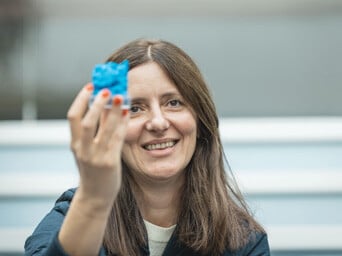Knowledge & insights
Featured topics
-
Featured
.png) Topsoe Academy™ Topsoe Academy™ is your chance to tap into over 80 years of accumulated knowledge Find out more
Topsoe Academy™ Topsoe Academy™ is your chance to tap into over 80 years of accumulated knowledge Find out more -
 Discover how we meet the new energy reality to drive a sustainable future. Read
Discover how we meet the new energy reality to drive a sustainable future. Read
Solutions
Back
Solutions
Industries
-
Offerings
- Technologies
- Services
- Catalysts
News & media
Back
News & Media
Careers
-
 There’s a skill in making the complex simple, and the simple exciting.The science of excitementRead
There’s a skill in making the complex simple, and the simple exciting.The science of excitementRead

.png)












